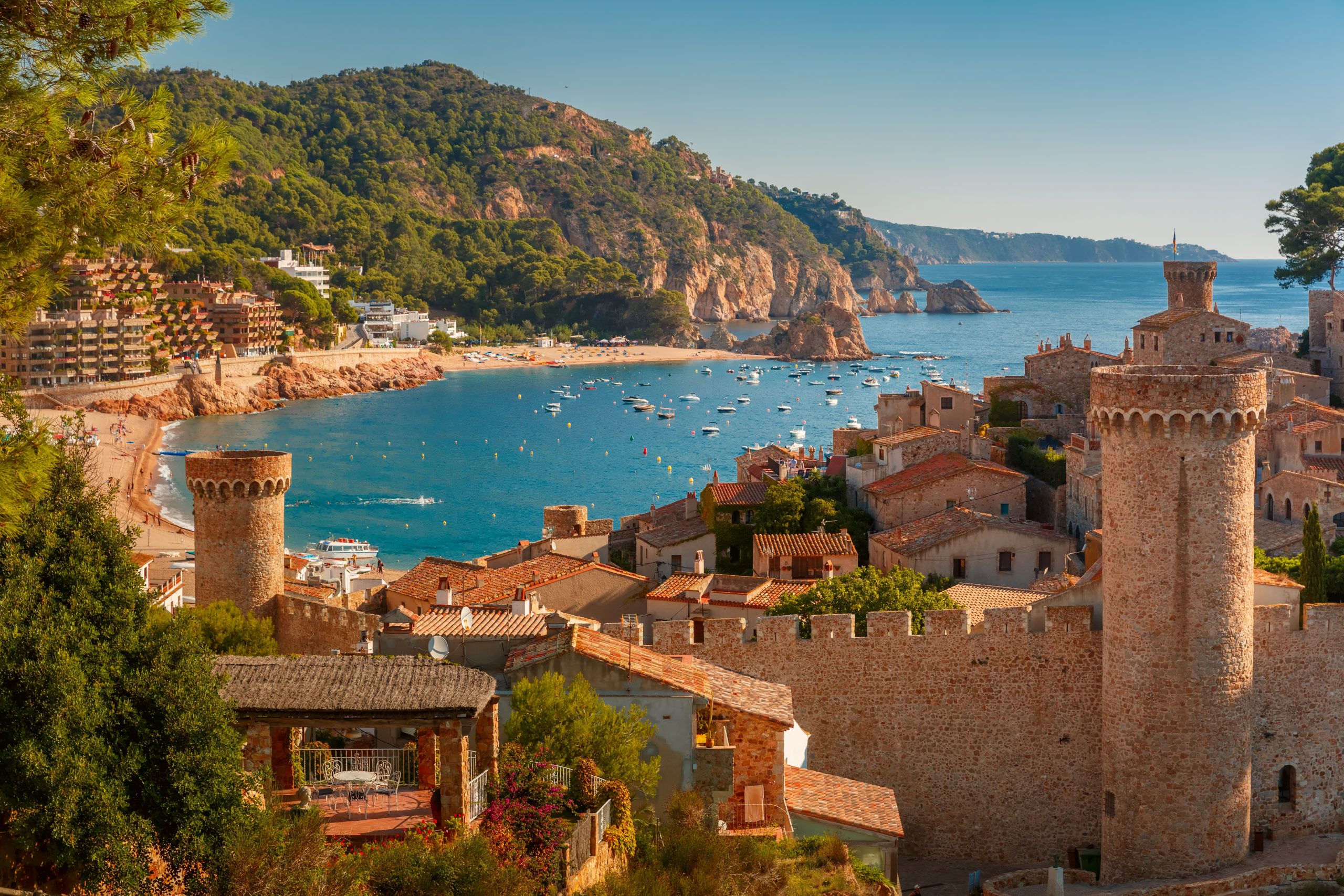Spain, particularly Barcelona and the Mediterranean coast, ranks among Europe’s most over-touristed destinations. The situation has reached a tipping point where protests, regulations, and outright bans targeting tourists and cruise passengers are becoming commonplace. Vacation rentals like Airbnb are increasingly in the crosshairs of authorities both here and elsewhere…
But hold on…
A new decree published in Catalonia aims to heavily regulate vacation rentals along the coast. The legislation gives municipalities free rein to regulate or ban listings for these properties by 2029. The ultimate goal, as always, is to convert these accommodations into permanent housing for local residents.
While the initiative sounds good in principle, it appears to suffer from the typical problem of going too far without enough nuance, causing serious concern among industry professionals and tourism operators across the Costa Brava.
If implemented as planned, the measure would threaten 40% of vacation rentals along the Catalan coast, along with all the jobs that depend on them. As industry representatives state: “We estimate that on the Costa Brava and in Girona province, more than 17,000 of the 40,000 tourist accommodations could disappear by 2029.”
Specifically, the law now sets a ratio of 10 tourist apartments per 100 residents in the region’s tourist municipalities—the same areas that concentrate over 90% of the seasonal rental supply, totaling around 100,000 properties. Additionally, rental permits will now be issued by city halls for only five-year renewable terms.
But why not, after all? Beyond the economic argument and potential job losses, rental operators also point out that three-quarters of vacation rentals are second homes that wouldn’t return to the long-term rental market regardless of regulations. Furthermore, the region’s hotel capacity appears insufficient to absorb the summer tourist flow without help from vacation rentals. Moreover, fewer Airbnbs could push tourists toward the already inadequate hotel sector, potentially causing prices to skyrocket due to supply falling short of demand.
In short, we’re looking at a New York-style scenario where reducing vacation rentals mainly made stays more expensive for visitors, with hotel prices rising constantly and very few properties actually transferred to the long-term rental market—which itself saw rents explode. All this because of blanket decisions that, despite good intentions, fail to account for local realities and the diverse situations at play. By trying to solve one problem, they inadvertently create new ones. Something that could very well happen on the Costa Brava…

